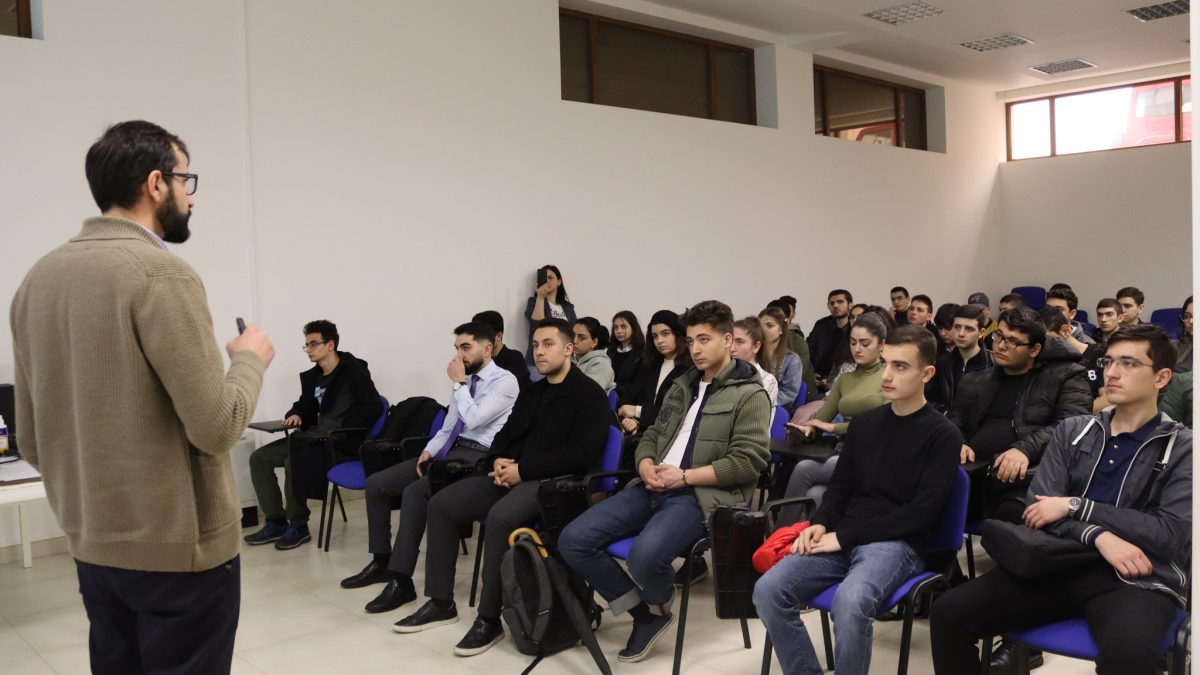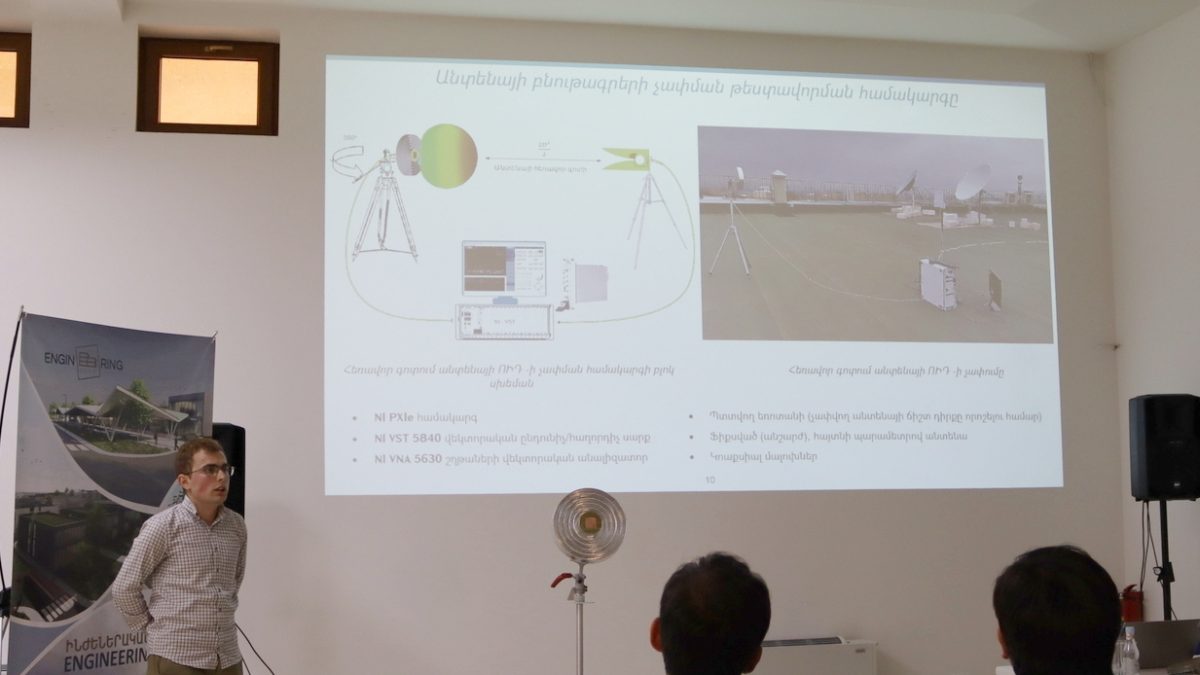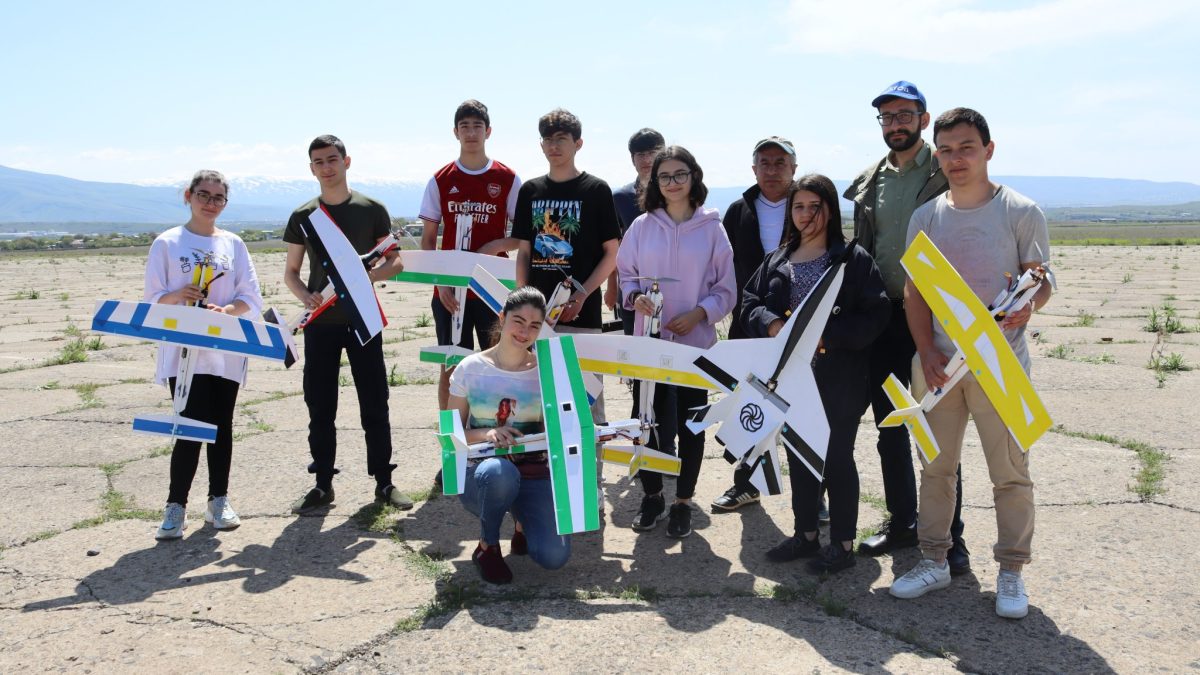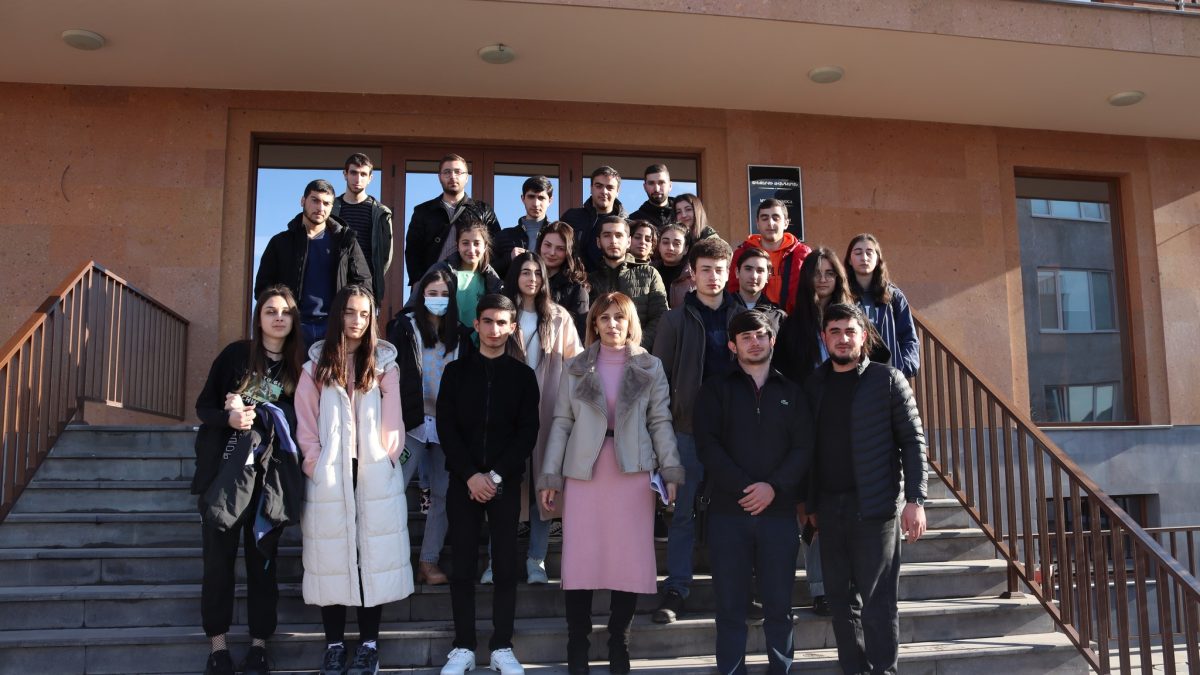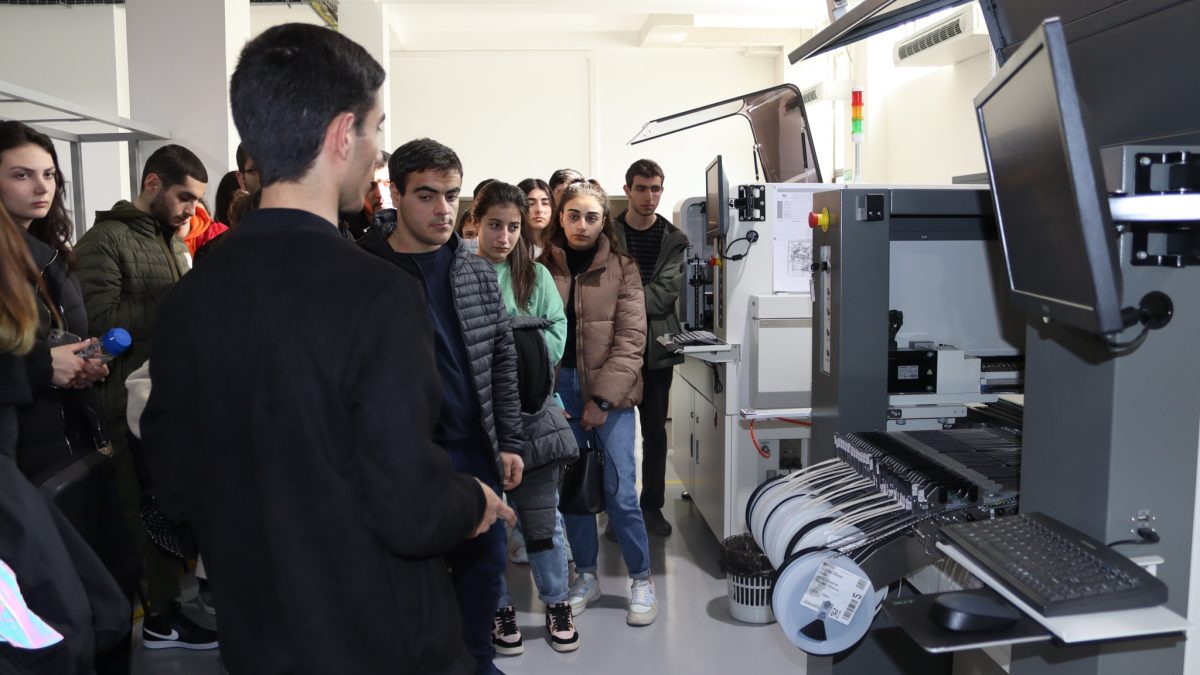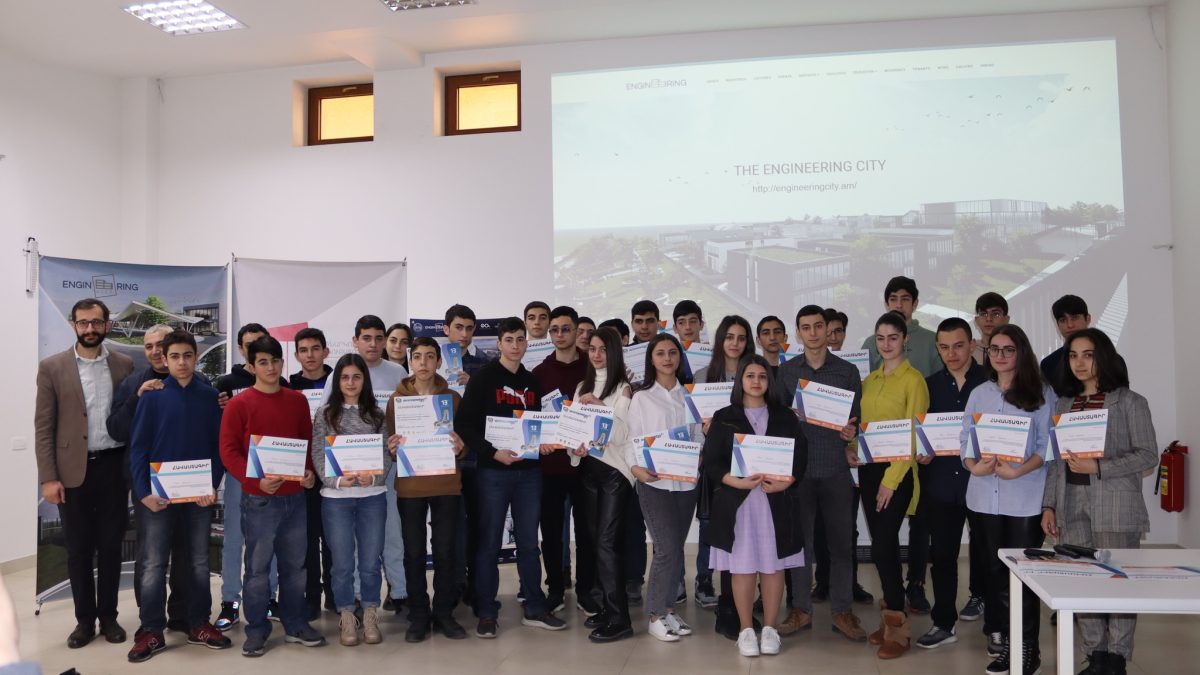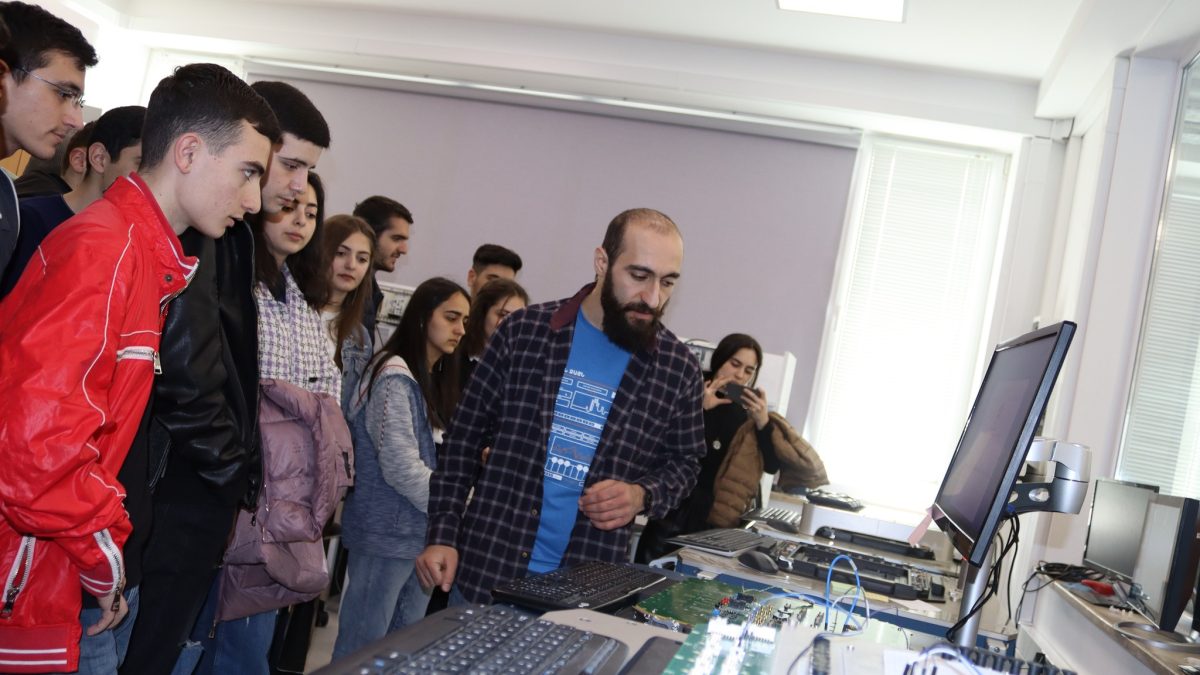Engineering City: Empowering future generations through High-tech and Engineering education and production
The Enterprise Incubator Foundation pursues the mission of advancing technology and the high-tech industry in Armenia. In this line of work, the EIF carries out efforts in both educating specialists and giving them platforms to apply their skills.
Currently, one of the Foundation’s most ambitious and challenging projects is the Engineering City.
The objective of the EC initiative is to transform and revitalize the Armenian economy, providing economic competitiveness, wealth creation, and jobs. The EC infrastructure is designed to localize and concentrate high-tech and engineering institutions in one place, enabling the growth of high-tech companies and the development of the sector. EC plays an important role in the overall EIF objective of making Armenia a regional tech hub and a supplier of engineering and high-tech products to the global market.
Home to more than 20 companies, the EC forwards the development of engineering and high tech in Armenia with the final goal of improving economic competition and enhancing production capacity.
The engineering companies operating at the EC in the following target industries: automotive, wireless communication, semiconductor, RF systems and devices, industrial IoT, electronics, biomedical engineering, aerospace. The EC also hosts a Science and Technology Museum and a Space Museum, which display inventions of Armenian scientists that are widely used in various fields. The Space Museum, in particular, exhibits unique inventions of Armenian scientists, which were used in space trips.
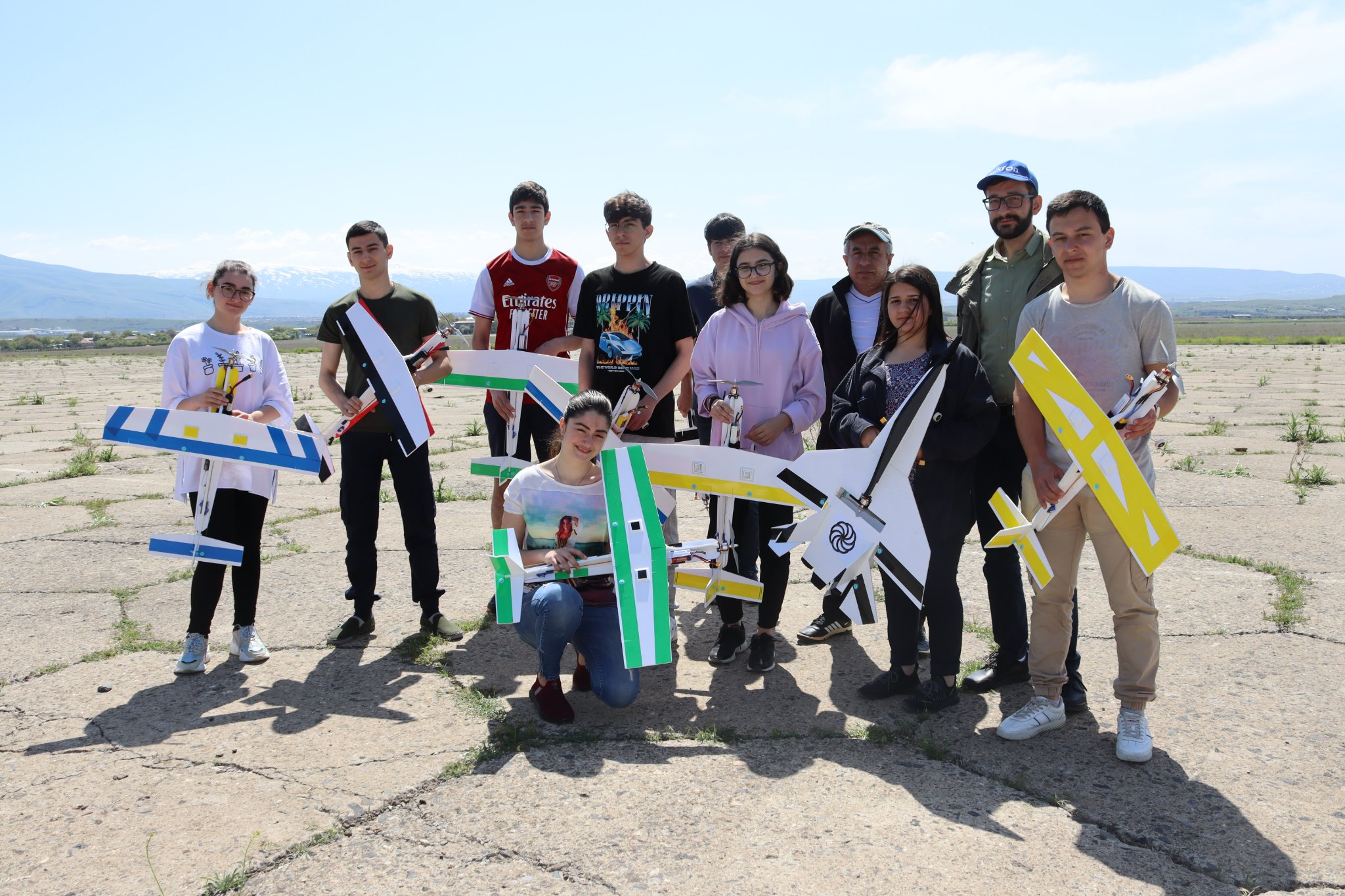
Through the Engineering City (EC), EIF achieves a multitude of goals, one of which is an important element of the Foundation’s mission – high-quality education and training. Without top-class specialists, high-tech and engineering industries cannot advance. For that reason, EC serves as a platform for a range of educational programs for high school students, university students earning Bachelor’s and Master’s degrees, researchers, and working engineers. It is imperative for the EIF/EC mission to not only educate new specialists but also help working professionals improve and enlarge the set and quality of their skills.
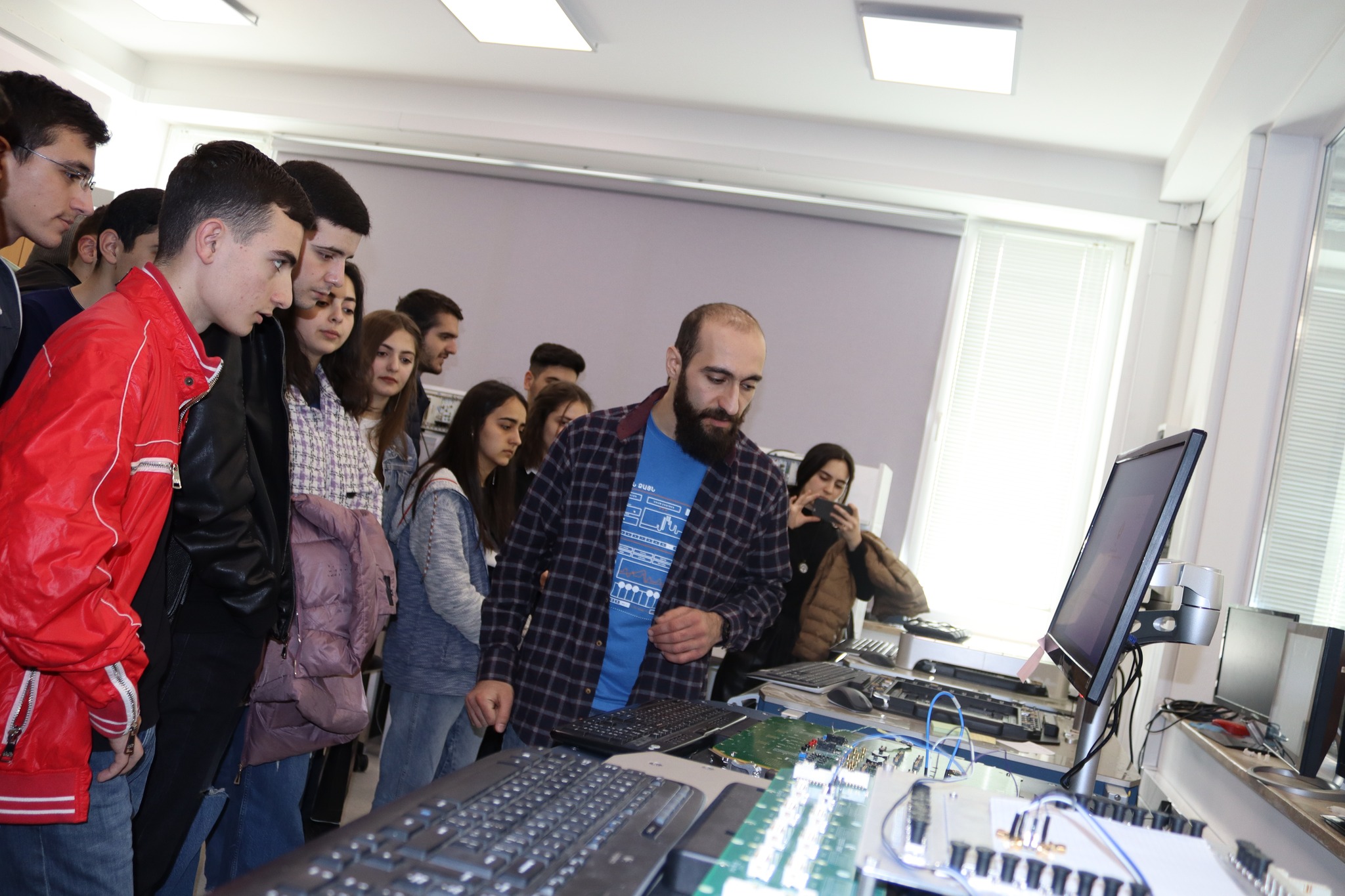
According to EC Project Manager Marina Minasyan, any industry needs highly qualified specialists for development.
“At the Engineering City, we combine traditional education and industry-based education. We share our best experience and knowledge in the field of engineering,” she noted.
At the Engineering City, the EIF implements a range of programs in close cooperation with the Engineering Association (EA). The EA is heavily involved in these initiatives, partnering with the EIF to propel Armenia’s high-tech and engineering education and training forward.
Here are some of the programs implemented at Engineering City.
The “Engineering School” program is designed to generate interest in engineering as a field and a career choice among high school students. The participants attend courses on aircraft modeling, radio-electronics, and robotics, and apply that knowledge in practical tasks, using tools of the latest generation and creating real projects.
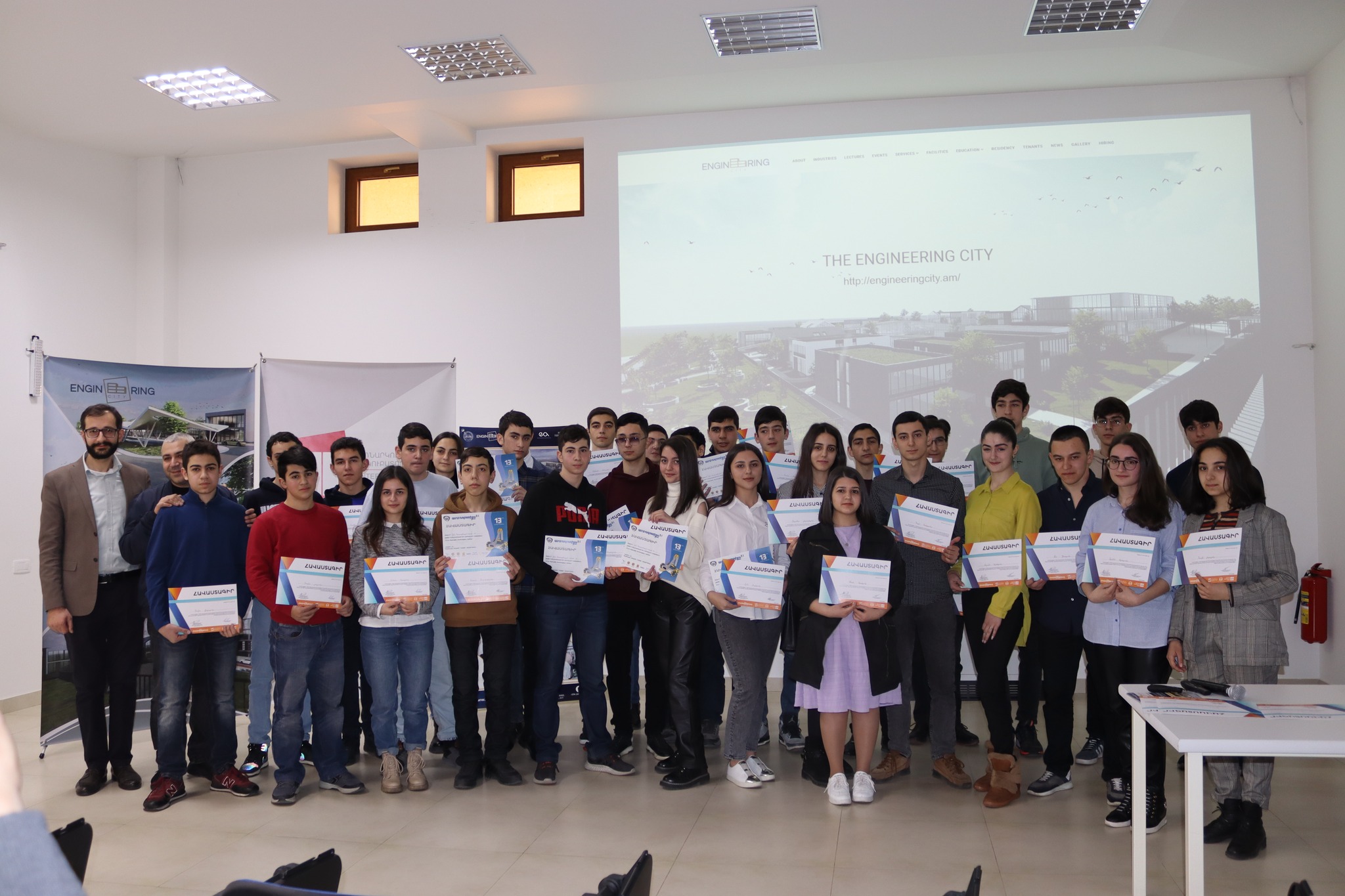
The 6-month program is free of charge. By now, around 150 students have participated in the program. In addition to the main courses, the students can get involved in the engineering community through visits to engineering companies. There, the future experts get acquainted with product development, the laboratories, the factory production line cycle, meet NPUA students and their diploma projects and works, etc. The “Engineering School” program is developed and implemented by EIF and EA.
The Measuring Devices and Systems Department was founded by a MoU between Polytechnic University and Engineering Association, and it serves to create a long-term connection between academia and industry. The 4-year bachelor’s degree program of the Department combines traditional and industrial education, with some of the lectures and research taking place at EC. According to the Head of the Department Andranik Aghajanyan, education in engineering is one of the pillars of the state as well as a reflection of the state’s economy.
The specialists graduating from the Measuring Devices and Systems Department have a wide range of expertise and they can build complex modern engineering systems. The courses are led by professors and lecturers from the Polytechnic University and by experts from resident companies of EC.
Junior students (1st and 2nd-year students) also have the opportunity to learn at EC, as it also holds “BAGREVAND 21” program, implemented jointly with ANEL and the Electronic Devices and Measurement systems Department. This program handles both theoretical and practical aspects, and the practical tasks are completed with the use of measuring devices and systems at EC. The participants of “BAGREVAND 21” create real-life projects under the guidance of experts from EC’s resident companies. The program’s duration is 6 months, and participation is free of charge.
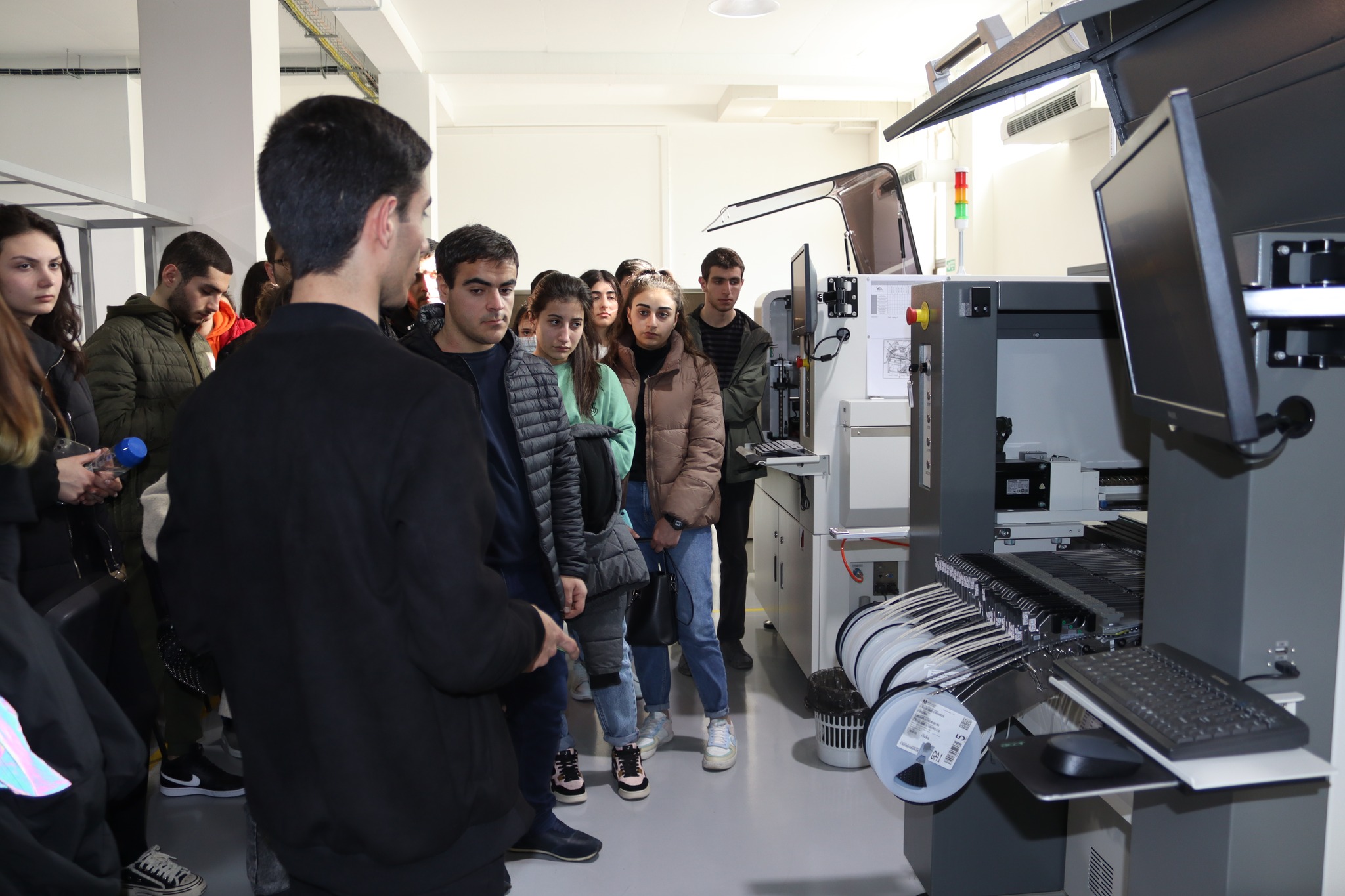
This program starts with teaching basic hands-on technical and technological skills, operating basic measuring instruments, and designing simple electronic circuits. Then, the students learn how to apply the fundamentals of engineering thinking to practical projects, and finally, they learn the organizational basics of professional engineering firms. In addition, the program participants attend engineering seminars, acquire presentation and writing skills, and meet professional engineers.
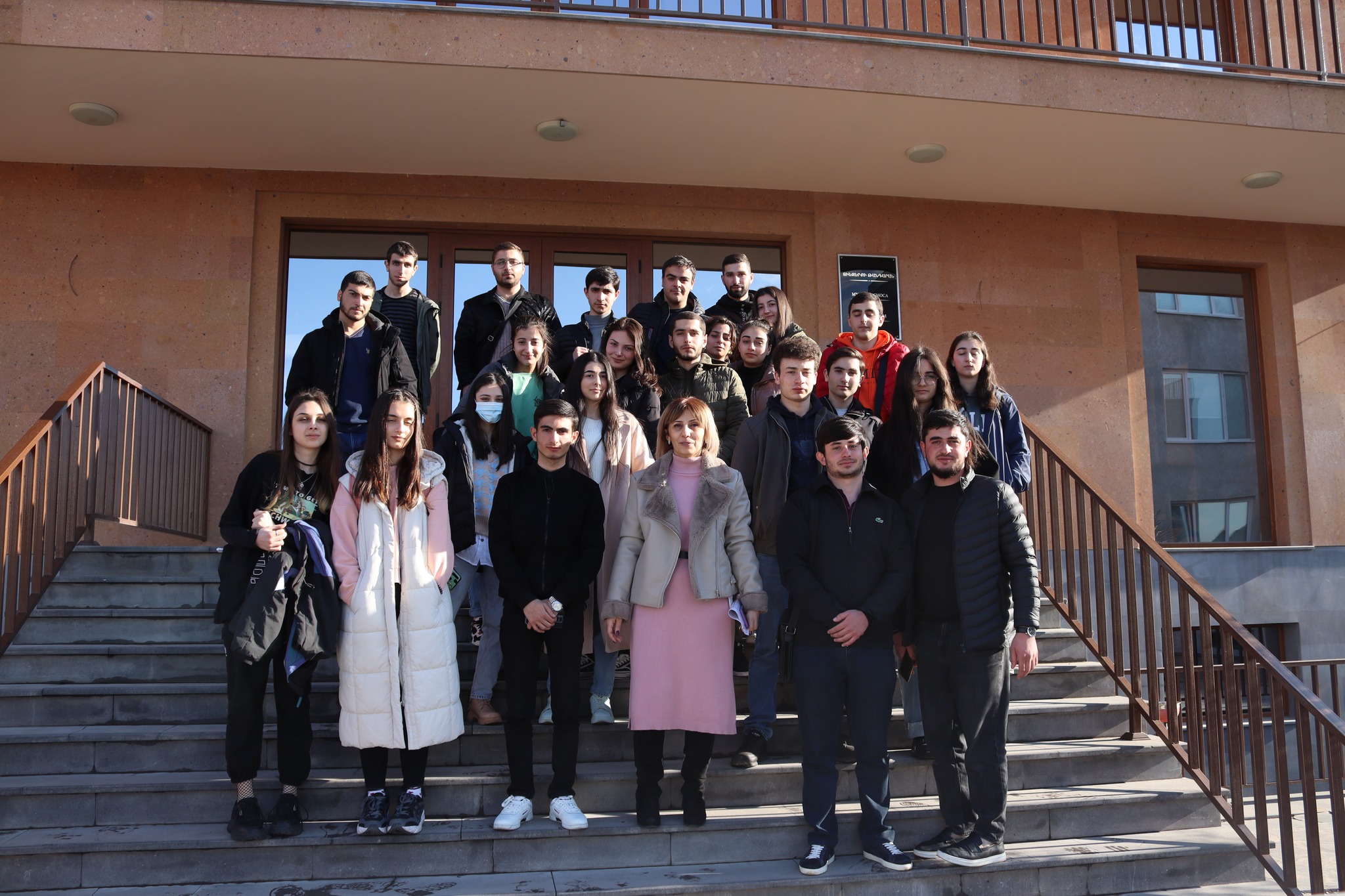
The Engineering City is also part of the “Industrial and Systems Engineering” master’s program, which is jointly implemented by the Enterprise Incubator Foundation, Armenian National Engineering Laboratories (ANEL), Engineering City with the support of PMI Science R&D center.

This Master’s program is preparing widely profiled engineers in the field of Industrial and System Engineering who will be able to develop and design components and full systems, to control and integrate them within other systems. The curriculum is synchronized with the Department of Industrial and Systems Engineering of Rutgers University (State University of New Jersey) to ensure that the knowledge and skills students receive at the Polytechnic University match market demands and international standards.
The program aims at revolutionizing engineering education and industry by developing top talent and establishing a strong community around the university-industry collaboration. Another benefit of the program is the possibility to receive financing from EIF with the support of PMI Science R&D center.
EC regularly holds lectures, inclusive practical activities, and technological master courses. Almost every week, lectures are organized at EC on engineering, led by top-class experts who share their experience as well. Various specialists and researchers come to the EC to deliver short- and long-term courses and hold practical activities.
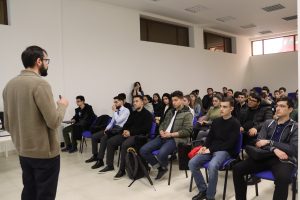
EIF Blog has talked to several participants of the mentioned programs, and the key point in their feedback is that interaction with professional engineers enables them to learn from their working experience in addition to obtaining knowledge. Plus, they said, the industry-based format of education gives a much more realistic picture of what it’s like to be an engineer. The students engage in different projects, while studying, and in their opinion, that makes it clearer why they need the fundamental knowledge.
The scale and depth of the work done at the EC is a response to the requirements of the new age. With its good legacy of technical and technological education, Armenia now needs consistent efforts aimed at educating and employing specialists with multi-faceted portfolio. The Enterprise Education Foundation is led exactly by that purpose in the activities organized at EC.


